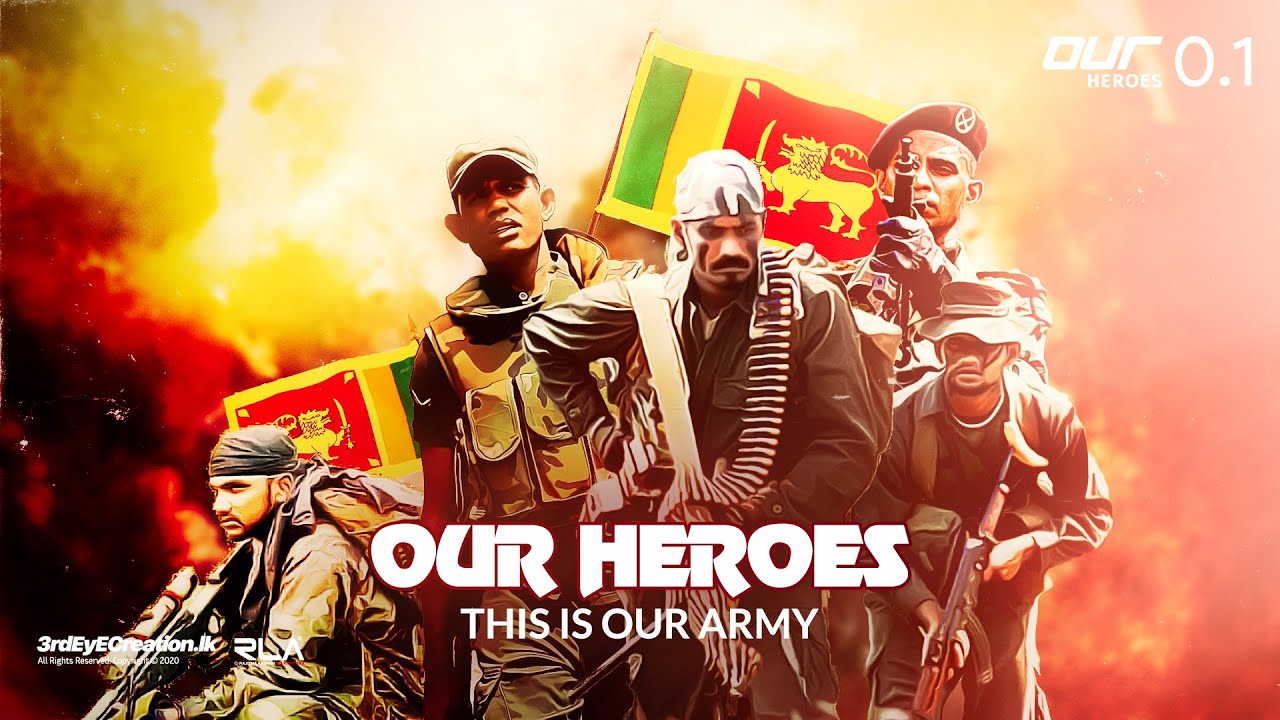March 31, 2024 by Roshan Fernando
The first Sri Lankan War Hero Song after the victory of the 30-year war.

Did you know? The first Sri Lankan War Hero Song after the victory of the 30-year war was composed by Roshan Fernando who is our Major donor of Donate in Faith.
About the War
Sri Lanka’s victory in the 30-year war marks a significant chapter in the nation’s history. The conflict, which spanned three decades, was characterized by complex dynamics rooted in ethnic tensions, political struggles, and aspirations for autonomy. This essay delves into the background of the conflict, the key factors contributing to Sri Lanka’s victory, and the implications of this triumph for the nation’s future.
Background of the Conflict: The roots of the Sri Lankan conflict can be traced back to the post-colonial era when tensions between the Sinhalese majority and Tamil minority began to escalate. The demand for Tamil autonomy and grievances over discrimination fueled the rise of separatist movements, notably the Liberation Tigers of Tamil Eelam (LTTE). What ensued was a protracted conflict marked by violence, human rights abuses, and economic instability.
Key Factors Contributing to Victory: Several factors played pivotal roles in Sri Lanka’s eventual victory over the LTTE. Firstly, the government’s military strategy, which focused on coordinated offensives and international support, weakened the LTTE’s stronghold. The intelligence operations and targeted strikes against LTTE leadership also disrupted their command structure. Moreover, diplomatic efforts to isolate the LTTE and cut off their sources of funding and arms proved instrumental in weakening their resolve.
Furthermore, the government’s efforts to address underlying grievances and promote reconciliation among ethnic communities helped to undercut support for the LTTE. Initiatives such as devolution of power and socio-economic development programs in conflict-affected areas fostered a sense of inclusion and belonging among minority communities.
Implications for the Nation’s Future: The victory over the LTTE represents a turning point in Sri Lanka’s history, offering the opportunity to build a more inclusive and prosperous future. However, the challenges of post-war reconciliation, reconstruction, and addressing the root causes of conflict remain formidable. Ensuring justice for victims, promoting ethnic harmony, and addressing socio-economic disparities are essential for sustainable peace and development.
Moreover, the international community’s role in supporting Sri Lanka’s post-war efforts is crucial. Continued assistance in areas such as demining, humanitarian aid, and capacity-building will facilitate the transition to a peaceful and stable society. Additionally, fostering regional cooperation and addressing transnational security threats are imperative for safeguarding Sri Lanka’s hard-won peace.